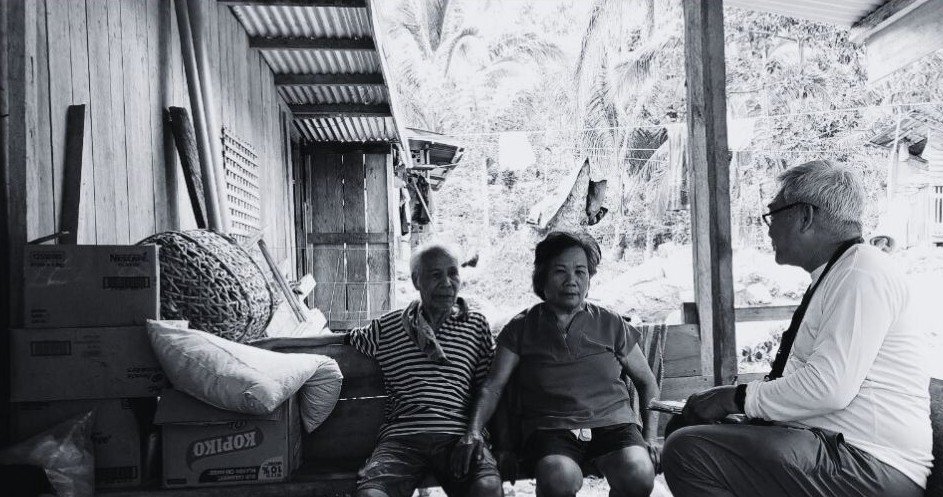
SDS-113
Conduct of the Baseline Study for the Mindanao Inclusive Agriculture Development Project (MIADP)
MIADP is a major project of the Department of Agriculture and the National Commission on Indigenous Peoples (NCIP) that supports the upliftment of the IPs, the most vulnerable groups residing in the Ancestral Domains. The Project interventions are aligned with the broad objectives of the PDP 2023-2028, notably on the “socio-economic transformation for a prosperous, inclusive, and resilient community.” Inclusivity is the foundation for MIADP, a process of creating an environment for all the people in the ADs to have equal opportunities and access to resources to succeed and participate in the development stream. The PDP expressly adopts a comprehensive framework for inclusiveness anchored on a “whole-of-government” and “whole-of-society” approach. This approach stresses the importance of “(i) strengthening the social protection systems to reduce the risks faced by the most vulnerable groups, (ii) partnership and greater collaboration with the private sector and civil society; and (iii) greater reliance on the LGUs in the execution of public programs and projects. Similarly, MIADP equally promotes the achievement of SDG’s Goals 1, 2, 5, 10, 13, and 15, all of which call for actions to “end poverty and inequality among the populace”.
The baseline survey had two primary objectives: (i) to establish baseline values for four Project development objectives indicators, including two IR indicators and household income, and (ii) to document and analyze critical parameters impacting project implementation. Objective (i) served as a benchmark for assessing project progress and success, while objective (ii) entailed a detailed analysis of the institutional and governance landscape, providing essential information for the successful implementation of MIADP.
A mixed method of data collection was employed with a completed 3,785 household interviews among farmers, fishers, and livestock producers across the 10 Ancestral Domains in the 6 regions of Mindanao;conducted 19 focus group discussions, and 212 key informant interviews among IP organizations, implementers such as LGU, NCIP, and DA-regional officers; and the IP community members; and the review and analysis of secondary data. SDS designed the study instruments, and pre-test instruments, hired and trained around90 field team members, conducted editing and data analysis; and prepared the baseline study reports for all ten Ancestral Domains and one summary report.
The study instrument, aside from the socio-economic and agricultural production questions also includes sections on health such as disabilities, membership of households on PhilHealth, and suggested projects on agriculture, infrastructure, education, and health sectors of their communities.
SDS performed the following: